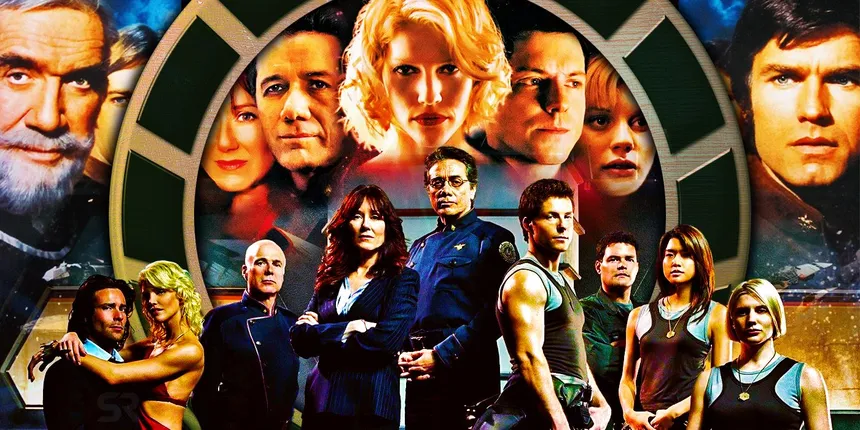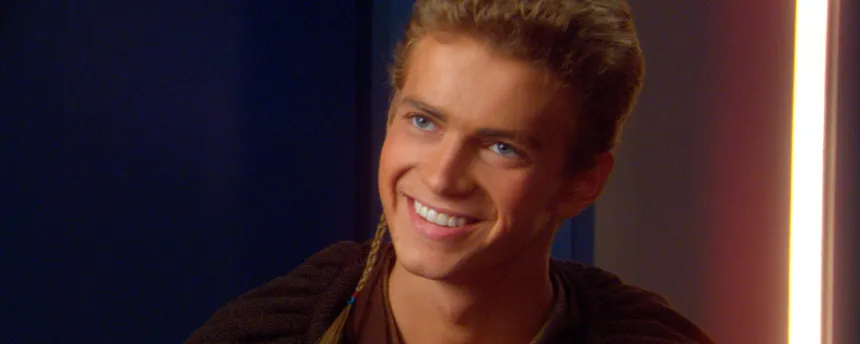When Star Wars: Episode IV – A New Hope hit theaters in 1977, it took the world by storm, reviving the science fiction genre and paving the way for shows like Battlestar Galactica. However, the similarities between the two franchises did not sit well with 20th Century Fox, who filed a lawsuit against Universal.
Battlestar Galactica, created by Glen A. Larson, first aired in 1978 and followed a group of human survivors on the run from the merciless Cylons. Despite its distinct narrative that served as a warning about technology, Fox claimed that it had “spoiled” the market for science fiction programming.
The lawsuit pointed out several similarities, such as the imprisonment of a young heroine by totalitarian forces and musical performances by alien bands. However, the court sided with Universal, concluding that Star Wars was an original project, with Universal successfully arguing that Star Wars was derived from many classic science fiction projects.

A Still From Movie @ (Via IMDB)
The original Battlestar Galactica was canceled after its first season, but a cult following emerged, eventually leading to a successful reboot in 2004. The reboot, developed by Ronald D. Moore, surpassed its predecessor, capitalizing on Star Wars’ popularity and exploring deeper political themes.
The success of the Battlestar Galactica reboot and the Star Wars prequel trilogy demonstrated that both franchises appealed to audiences as escapist entertainment, albeit with more political undertones than their predecessors.
Battlestar Galactica is now streaming on Prime Video in the U.S., inviting new viewers to immerse themselves in the epic space opera.
























